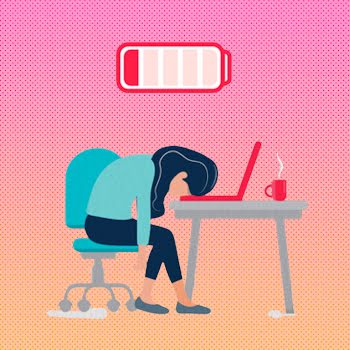Ask the Doctor: ‘I am a mother of four in my late 40s, and have been suffering from faecal incontinence since my last birth. How can I stop this from ruling my life?’
By Sarah Gill
10th Jan 2023
10th Jan 2023
All your burning health questions answered by the professionals.
“I am a mother of four in my late 40s, and since having my last child via traumatic birth, I have been suffering from faecal incontinence. This is having a hugely negative impact on my self-confidence and my daily life. It has gotten to the stage where I worry about leaving the house, and will look up where the nearest bathrooms are before going on an outing. I don’t want this problem to continue ruling my life. Is there anything that can be done to help me?”

Answer from Professor R. Kalbassi, Consultant Colorectal Surgeon, Beacon Hospital.
Faecal incontinence is a debilitating condition affecting almost 1 in 10 people at some stage of their lives with significant impact on quality of life. It is defined as involuntary loss of solid or liquid stool. Patients often present late or hide symptoms. The main risk factors are advancing age, Diabetes Mellitus, change of bowel habit, obstetric reasons such as multiple vaginal deliveries, instrumental delivery, and third- and fourth-degree tears.
Occasionally, previous anal or back surgery can be associated with development of faecal incontinence. Faecal incontinence can be divided into: ‘Urge’, occurring despite attempts to retain stool, ‘Passive’, occurring with lack of awareness to defecate, and ‘Soiling’, secondary to faecal impaction. Patients are best seen by colorectal surgeons with an interest in pelvic floor surgery. Thorough history and examination is necessary. The investigations of choice include sigmoidoscopy or colonoscopy to exclude serious conditions such as colorectal malignancy, anorectal physiology to assess anorectal function, endorectal ultrasound to check the integrity of the anal sphincter, Defecating Proctogram or MRI pelvic floor check for prolapse.
In the last thirty years, we have seen the development of the Multidisciplinary Team (MDT) approach in pelvic floor conditions such as faecal incontinence, leading to better patient outcomes. The MDT members include: colorectal surgeon, gynaecologist, radiologist, gastroenterologist, urologist, pelvic floor physiotherapist, nurse specialist and clinical psychologist.
The treatment starts conservatively. Agents such as Loperamide are used in patients with loose motion, bulking agents improve stool quality, biofeedback and pelvic floor physiotherapy improve function. If these fail, surgical treatment may be possible in some. In sphincter defects, ‘sphincteroplasty’ is a possible option. Injectable anal bulking agents have been used with variable results. Artificial sphincter and prosthetic intersphincteric implants are under development showing reduction in soiling and better quality of life.
It is most important to involve patients in their treatment with careful consideration of their expectations and realistic goals agreed before commencing treatment. The first step is to see your GP. As mentioned, almost 1 in 10 can be affected so your GP will be understanding and supportive.
Have a question for the professionals you’d like answered? Get in touch with sarah.gill@image.ie with the subject headline ‘Ask The Doctor’.




















